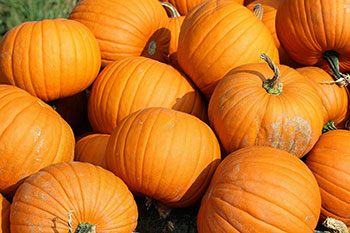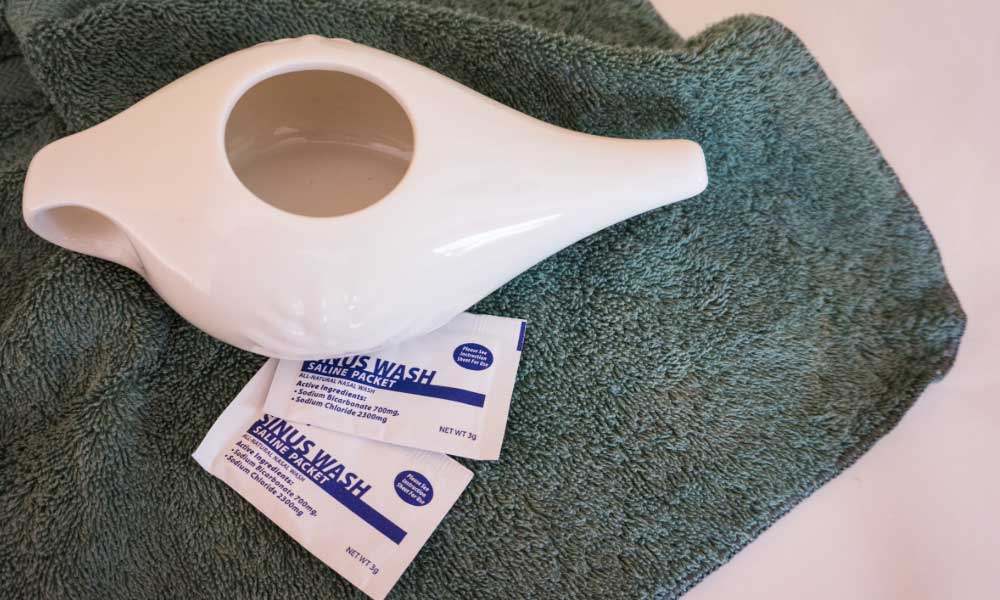
Pumpkin Description & Health Benefits
- Pumpkin originated in North America and can range in size up to 75 pounds. Pumpkins belong to the cucurbita genus, a family containing other squashes and gourds. A pumpkin is classified as such due to its rigid, curved stem and smooth, creased skin. Pumpkins are also classified as a botanical berry known as a pepo.
- Pumpkin is an excellent source of vitamin A, and a good source of fiber, vitamin C, riboflavin, potassium, copper, and manganese.
- Vitamin A is crucial in good eye health; it also plays a role in cellular communication, reproduction, and immune function.
- Fiber supports digestive health, including preventing constipation. It also helps reduce weight gain as it makes you feel full sooner and longer.
- Vitamin C is an antioxidant that assists in wound health and formation of bones, teeth, and cartilage. It also helps increase iron absorption, so pairing vitamin C and iron containing foods together helps increase total iron absorption.
- Riboflavin, also known as vitamin B2, aids in growth, development, and function of cells, as well as helping turn the food consumed into energy.
- Potassium helps build muscles and protein, maintains body growth, controls acid-base balance and electrical activity of the heart, as well as breaks down and helps use carbohydrates.
- Copper aids in iron absorption and helps iron form red blood cells. It also aids in keeping blood vessels, nerves, bones, and the immune system healthy.
- Manganese is necessary for normal brain and nerve function, as well as forming connective tissue and bones.
Purchasing, Selecting, Storing, and Preparing
- Purchase fresh or canned pumpkin. Pumpkin can also be harvested from traditional Halloween pumpkins.
- Select fresh pumpkins that are firm, heavy for their size, and without cuts or bruises.
- Store fresh pumpkins in a cool, dark place for up to 2 months.
- Prepare by washing the outside, cutting open, removing the seeds (these can be roasted and eaten), cutting off the skin, and then cooking as desired.
Nutrition Facts
1 cup cooked pumpkin
Calories: 49 | Protein: 1.76 g | Fat: 0.17 g | Carbohydrate: 11 g | Fiber: 2.7 g | Calcium: 102 mg | Riboflavin: 0.2 mg | Potassium: 564 mg | Vitamin C: 11.5 mg | Copper: 0.2 | Maganese: 0.2 mg | Vitamin A: 12231 IU
ndb.nal.usda.gov
Request an Appointment

